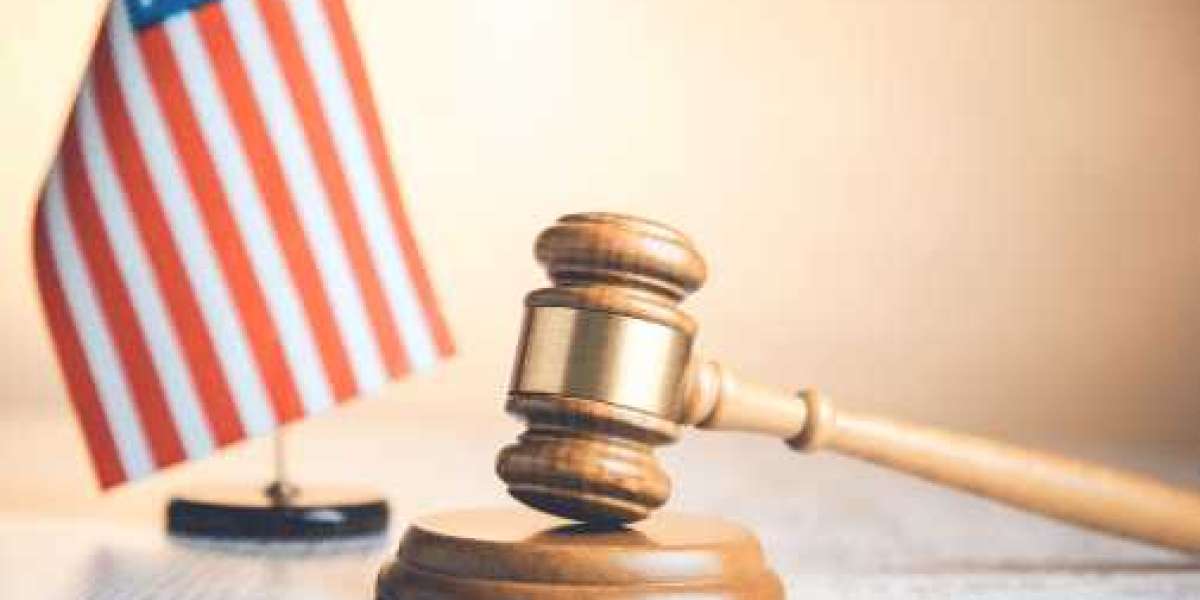Facing an appeal can be a daunting process. When a trial doesn’t go as expected, and you believe that errors occurred, the next step may be to consult a Florida appeals lawyer to guide you through the appeals process. This comprehensive guide covers everything you need to know about Florida appeals lawyers, from their specialized skills and experience to the crucial steps involved in handling an appeal.
What is a Florida Appeals Lawyer?
A Florida appeals lawyer is an attorney who specializes in handling appeals cases. Unlike trial lawyers, who focus on gathering evidence, presenting witness testimonies, and arguing before a jury, appeals lawyers work with existing trial records. Their job is to analyze the trial proceedings, identify potential legal errors, and craft arguments to persuade an appellate court to overturn, modify, or remand a decision. These lawyers are experts in appellate procedure, which involves unique rules and protocols distinct from trial court proceedings.
Why You Might Need a Florida Appeals Lawyer
Not every unfavorable court ruling qualifies for an appeal. Appeals are generally based on legal errors rather than dissatisfaction with a verdict. A Florida appeals lawyer can help determine whether an appeal is appropriate by examining the trial record and looking for errors, such as:
- Misinterpretation of the law by the trial judge.
- Procedural mistakes that affected the outcome of the trial.
- Errors in jury instructions or improper admission/exclusion of evidence.
- Ineffective assistance of trial counsel, where inadequate representation compromised the defense.
If you believe one of these issues impacted your trial, an appeals lawyer can evaluate your case and advise on the best course of action.
The Skills and Expertise of Florida Appeals Lawyers
Florida appeals lawyers are known for their analytical skills and deep knowledge of appellate law. Here are some of the core competencies that make them invaluable during an appeal:
- Thorough Knowledge of Appellate Law: Appeals lawyers focus on how the law was applied during the trial. They’re skilled at identifying legal precedents and applying them to your case, strengthening your arguments.
- Legal Research and Writing: Appellate law is highly document-driven. Appeals lawyers are experts in legal research and writing persuasive briefs. They know how to build a solid case based on legal arguments, presenting a compelling narrative to the appellate judges.
- Objective Case Analysis: Appeals lawyers bring a fresh perspective. They can objectively evaluate trial outcomes without the emotional attachment that clients may feel, allowing them to identify the most effective legal strategies.
- Oral Advocacy: In cases where oral arguments are permitted, appeals lawyers are skilled at presenting concise and persuasive arguments in court, answering judges’ questions, and defending their client’s position effectively.
The Appeals Process in Florida
An appeal is a structured process involving several steps. Here’s a look at how Florida appeals lawyers handle an appeal from start to finish:
Step 1: Filing a Notice of Appeal
The first step in appealing a trial court decision is filing a notice of appeal. In Florida, this must be done within 30 days of the trial court’s final judgment. The notice of appeal is a simple document that signals your intention to appeal and sets the appellate process in motion. Once filed, the trial court prepares the appellate record, which includes transcripts, exhibits, and other relevant documents from the trial.
Step 2: Reviewing the Trial Record
The trial record forms the backbone of the appeal. Appeals lawyers review every detail to identify any legal errors or inconsistencies that could serve as grounds for appeal. This thorough examination includes reviewing:
- Transcripts of witness testimonies and attorney statements.
- Jury instructions to ensure they were accurate and fair.
- Judicial rulings on motions made during the trial.
- Evidence admission/exclusion decisions that may have impacted the case outcome.
Step 3: Legal Research and Drafting the Appellate Brief
The appellate brief is the main document that conveys the arguments to the appellate court. Drafting this brief is a meticulous process, as it requires persuasive writing, solid legal analysis, and a clear understanding of relevant case law. Appeals lawyers use the brief to:
- Outline the legal errors that justify an appeal.
- Reference specific statutes, precedents, and legal theories that support their arguments.
- Propose a desired outcome, such as a reversal, modification, or remand for a new trial.
Step 4: Oral Arguments (When Permitted)
Not all appeals involve oral arguments, but when they are allowed, they provide an opportunity to clarify and emphasize key points from the brief. During oral arguments, appeals lawyers must be prepared to:
- Address questions from appellate judges, responding to concerns and clarifying complex issues.
- Reinforce the written arguments with verbal presentations.
- Adapt to the dynamics of the court, focusing on the points that resonate most with the judges.
Step 5: The Appellate Court's Decision
After reviewing the appellate briefs and oral arguments (if any), the appellate court will issue a written opinion. The court’s decision may result in one of the following:
- Affirmation of the trial court’s decision, meaning the original ruling stands.
- Reversal, which overturns the trial court’s decision.
- Remand, sending the case back to the trial court for further action, such as a new trial.
- Modification of the trial court’s decision, adjusting specific aspects of the ruling.
The appellate court’s opinion typically provides a legal analysis that explains its reasoning, whether it’s upholding or overturning the lower court’s decision.
Step 6: Further Appeals (if Applicable)
In some cases, parties may choose to appeal the appellate court’s decision to a higher court, such as the Florida Supreme Court or the U.S. Supreme Court. However, higher courts typically only hear cases involving significant legal questions. Your appeals lawyer can advise on whether a further appeal is feasible and how to proceed if necessary.
Choosing the Right Florida Appeals Lawyer
Selecting a qualified appeals lawyer is essential for a successful appeal. Here are some factors to consider when choosing the right attorney:
- Experience in Appellate Law: Look for a lawyer who specializes in appeals and has a proven record of handling similar cases.
- Strong Communication Skills: Choose an attorney who communicates clearly, explains the appeals process, and keeps you informed at every stage.
- Analytical Abilities: An excellent appeals lawyer must be able to break down complex legal issues and identify weaknesses in the trial court’s ruling.
- Reputation and References: Research reviews and testimonials from past clients to gain insight into the attorney’s reputation and work ethic.
The Importance of Florida Appeals Lawyers in the Justice System
Florida appeals lawyers play a vital role in ensuring that the justice system remains fair and accurate. By meticulously reviewing trial court decisions and advocating for corrections when errors are identified, they help uphold legal standards and protect clients’ rights. Appellate law is a distinct field that requires not only a deep understanding of legal theory but also an ability to present compelling written and oral arguments. With the right appeals lawyer by your side, you can navigate the complexities of the appellate process and increase your chances of achieving a favorable outcome.



